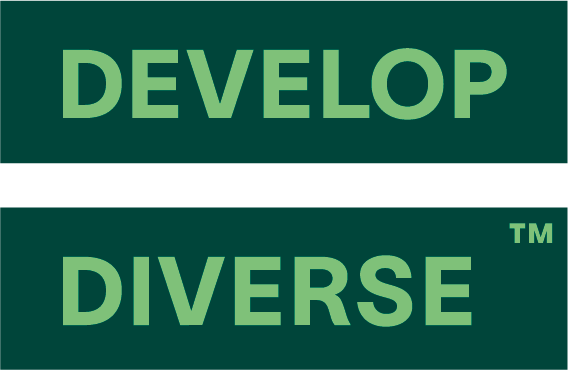Systemic discrimination is a form of institutional discrimination that contributes to less favorable outcomes for certain groups within society. It often occurs in the workplace.
What does systemic discrimination mean?
Systemic discrimination refers to the routines, policies and practices that are part of the culture of an organization. It is sometimes interchangeably described as structural discrimination or institutional discrimination.
As part of the structure of an organization, systemic discrimination is the unintended and unconscious product of policies implemented in areas of hiring, promotion, performance evaluations and elsewhere.
These often cause barriers that affect certain individuals or groups disproportionately, limiting their opportunities for advancement and perpetuating inequalities within the organization.
Some examples of it in the workplace
- In the hiring process: one common example is paying women less than men, or paying a worker from a minority community less than a white worker for the same job.
- In company policies: Common policies as parental leave often don’t offer the same benefits for men and women. In some workplaces, maternity leave may even be mandatory.
- In lay-off processes: Discrimination issues generally arise when organizations need to slim down their workforce. One example is forcing older employees to retire due to their age, which is a form of systemic ageism.
- In pay and compensation: Systemic discrimination often manifests in unequal pay and compensation practices, where individuals from marginalized groups receive lower wages and fewer opportunities compared to their counterparts with similar qualifications and experience.
- In promotion and advancement processes: When opportunities are systematically denied to certain individuals based on their gender, ethnicity or age, it contributes to an ongoing institutional cycle of discrimination in the workplace.
Addressing systemic discrimination in the workplace
Addressing systemic discrimination requires a comprehensive approach that tackles its root causes and dismantles its pervasive influence.
Here are some tips for addressing systemic discrimination in the workplace:
- Revising policies and practices that inadvertently expose minorities to difficulties, or exclude them as a result of discriminatory or biased decision-making.
- Enforcing anti-discrimination policies that help create a fair and respectful workplace. This requires a shift in mindset and a commitment to lead by example, upholding principles of inclusivity, and holding individuals accountable for discriminatory behavior.
- Rethinking corporate culture tropes that uphold company cultures that marginalize or exclude minorities from opportunities and networks that are critical to their success.
- Fostering inclusive leadership that helps reduce unintentional systematic prejudice. This requires awareness, and a willingness to examine policies, practices and decision-making processes within the corporate organization.
- Keeping track of the data: Hard numbers can effectively show when certain individuals are not being fairly treated. Through statistics, disparities become visible and may reveal patterns of discriminatory behavior. These data-driven insights provide evidence of unequal treatment based on factors such as race, gender, or ethnicity.
